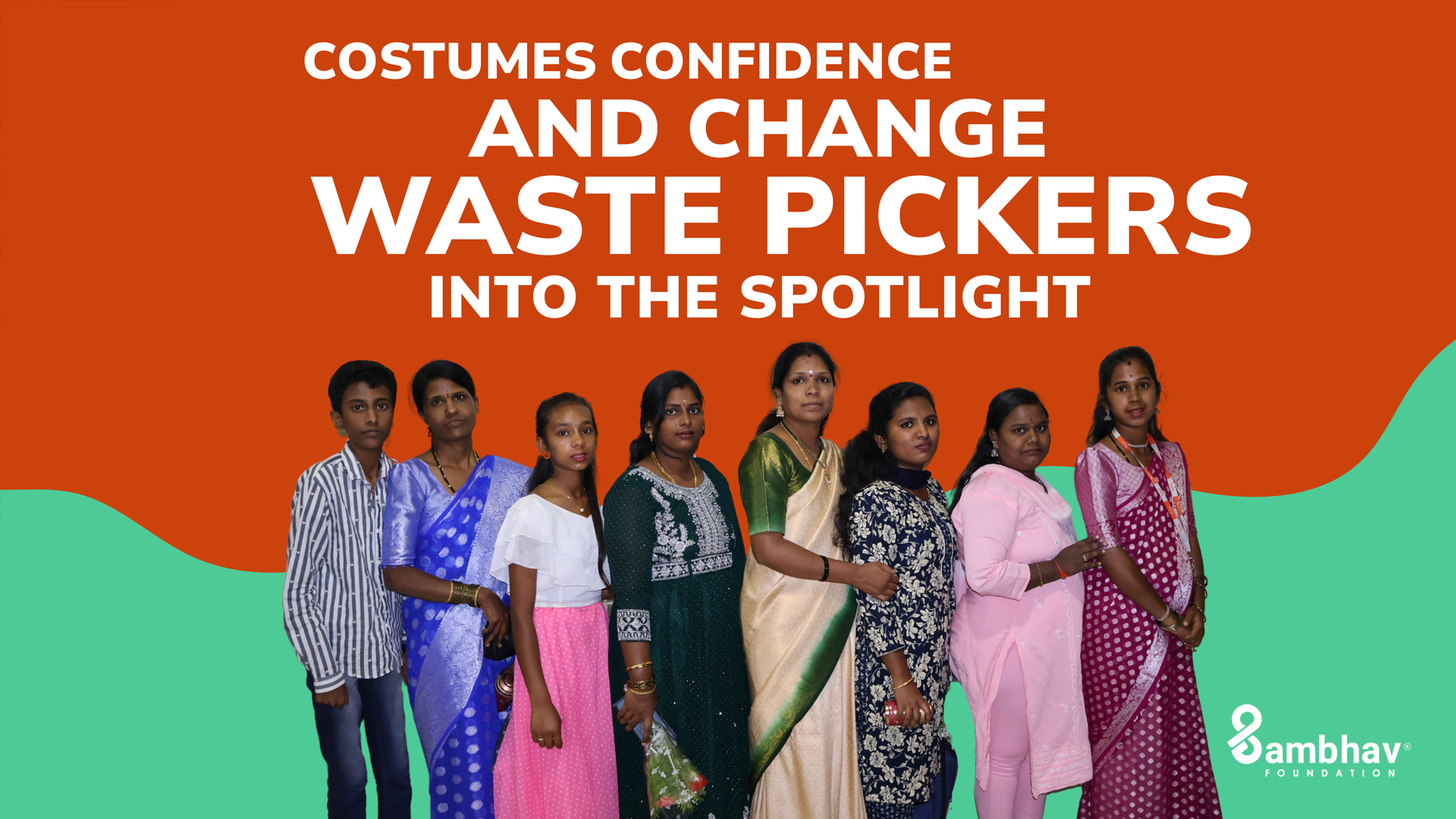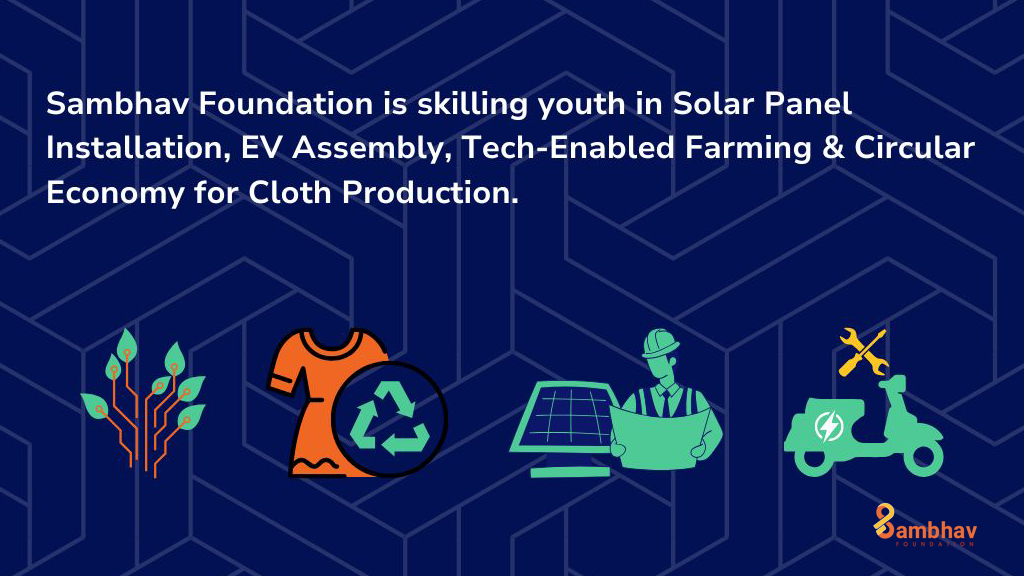Promoting Rural Women Entrepreneurs at scale
The fall in India’s female employment is troubling news for rural India. The female employment rate is currently at 9%, marking the steepest decline in the past decade, which significantly impacts rural women entrepreneurs.
Women entrepreneurship in rural areas — an alternative to regular employment — has also been suffering.
Women own just 13.76% of all Indian businesses, according to the last economic census. India also ranked 57 out of 65 countries in an international index of women entrepreneurship, showing a steep decline in entrepreneurial activities.
The latest edition of ‘Impact at Scale looks’ at scaling rural women’s participation in entrepreneurial activities
1 Question:
- How do we create an ecosystem that supports women entrepreneurs in rural areas?
2 Perspectives:
- When talking of women entrepreneurship, we have to remember that women continue to bear the unpaid burden of care, especially in rural areas. Their contribution in family businesses or vocations like agriculture is often unpaid and unacknowledged. And when they do run their small businesses, they are doing it alongside the duties of the home.
- Women often lose out on access to the male-dominated space of business networks and relationships. There’s also deep-seated gender discrimination that curbs women’s access to opportunities.
3 Factors:
- Building support systems for women rural entrepreneurs. These are spaces where women entrepreneurs can link to each other and the market. This platform could also provide some hand-holding and training on business compliance and regulation.
- Accessing business networks. AMUL’s cooperative system is a great example of rural entrepreneurship. It has done a lot to improve the lives of lakhs of dairy farmers in its network, including women. But very few women are part of management organisations like Amul. A better representation of women in decision-making roles of traditional business spaces like cooperatives will lead to an expansion in their business network. It can also increase their access to markets and business services.
- Focus on education and health. All said, there’s only so much that we can achieve with government intervention. Building ecosystems also means building for a future where the young girls in schools today can become entrepreneurs tomorrow. It means making sure they face fewer obstacles than their mothers did.
And this takes us back to the basics: providing access to education and health services plays a huge role in changing lives, and building entrepreneurs for tomorrow.
What do you think? Do let us know in the comments below.
P.S: I am also proud to introduce you to ‘Buniyaad – Foundations for a strong future’. This is a collection of our experiences and impact in the field over the years.
Do give it a read! Sign up here: https://sambhavfoundation.org/buniyaad-report-for-sambhav/
Until next time,
Dr. Gayathri Vasudevan



